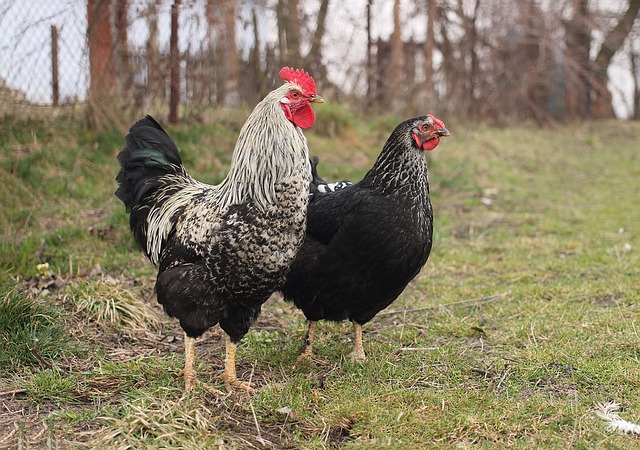China
The China National Health and Family Planning Commission reported 21 additional human cases of avian influenza A(H7N9), including four deaths, from March 10 to 16.

The 19 male and two female patients, aged from 33 to 77, had their onset from February 28 to March 13. The cases were six cases from Guangxi, five cases in Hunan, three cases each from Guangdong and Guizhou, two cases in Henan and one case each from Jiangxi and Fujian. Among them, 18 were known to have exposure to poultry or poultry markets.
According to the Hong Kong Centre for Health Protection, 1307 cumulative human cases have been reported since 2013 as of Mar. 11.
In addition, the Food and Agricultural Organization of the United Nations said today that a resurgent outbreak of a new strain of avian influenza that can be lethal for humans underscores the need for robust and rapid detection and response systems at animal source.
The need for ongoing targeted and widespread monitoring and effective response to detections remains urgent to keep the virus from spreading beyond China’s Eastern and Southeastern regions, where it is now considered endemic.
“Considering the potential for mutation of avian influenza virus, constant surveillance by national Veterinary Services of the different strains circulating in animals in their country is essential to protect both animal and human health”, explains Matthew Stone, Deputy Director General of the OIE.
“To protect human health and people’s livelihoods, it is essential to tackle the disease at its source in poultry: efforts need to target eliminating H7N9 from affected farms and markets,” said Vincent Martin, FAO’s Representative in China.
“Targeted surveillance to detect the disease and clean infected farms and live bird markets, intervening at critical points along the poultry value chain – from farm to table – is required. There should be incentives for everybody involved in poultry production and marketing to enforce disease control.”
Alabama
In a follow-up on the avian influenza situation in Alabama, the Alabama Department of Agriculture reported Thursday that results have been received from the USDA National Veterinary Services Laboratory (NVSL) in Ames, Iowa on the sample collected from a guinea fowl at the TaCo-Bet Trade Day flea market in Scottsboro, located in Jackson County, Alabama. The sample tested positive for low pathogenic H7N9 avian influenza (LPAI). The premises of origin for the guinea fowl, also located in Jackson County, Ala., is under quarantine and continued surveillance. The guinea fowl in question have been depopulated.
Testing is still ongoing of samples submitted to NVSL from the other two premises in north Alabama, the commercial breeder flock in Lauderdale County and the backyard flock in Madison County. Out of an abundance of caution, the company decided to depopulate the entire flock at the commercial breeder operation in Lauderdale County and the birds were properly buried on the farm. The depopulation was not required but a decision made by the poultry company. The entire backyard flock in Madison County was also depopulated at the owners request. According to USDA, both cases are considered presumptive low pathogenic (LPAI) avian influenza because neither flock showed signs of illness.
Tennessee
In a follow-up on the avian flu situation in Tennessee, samples taken from the second flock in Lincoln County tested positive for H7N9 HPAI, prompting officials to began depopulation of the affected premises.
This particular strain of avian influenza is the same that affected a commercial chicken flock earlier this month in Lincoln County. The two premises are less than two miles apart. Due to that close proximity, operators at the second premises were closely monitoring and regularly testing poultry for signs of avian influenza. The swift detection enabled immediate response.
“Wild birds can carry this strain of avian influenza.” State Veterinarian Dr. Charles Hatcher said. “Given the close proximity of the two premises, this is not unexpected. We will continue to execute our plan, working quickly to prevent the virus from spreading further.”
On March 4, the first confirmed detection of H7N9 HPAI occurred in a commercial poultry flock in Lincoln County. On March 8, a commercial poultry flock in Giles County tested positive for H7N9 low pathogenic avian influenza (LPAI). Due to the contagious nature of avian influenza and its threat to domesticated poultry, the best way to contain the virus is to depopulate affected flocks and then disinfect affected premises.
Related:


One thought on “Avian influenza update: China, Alabama and Tennessee”